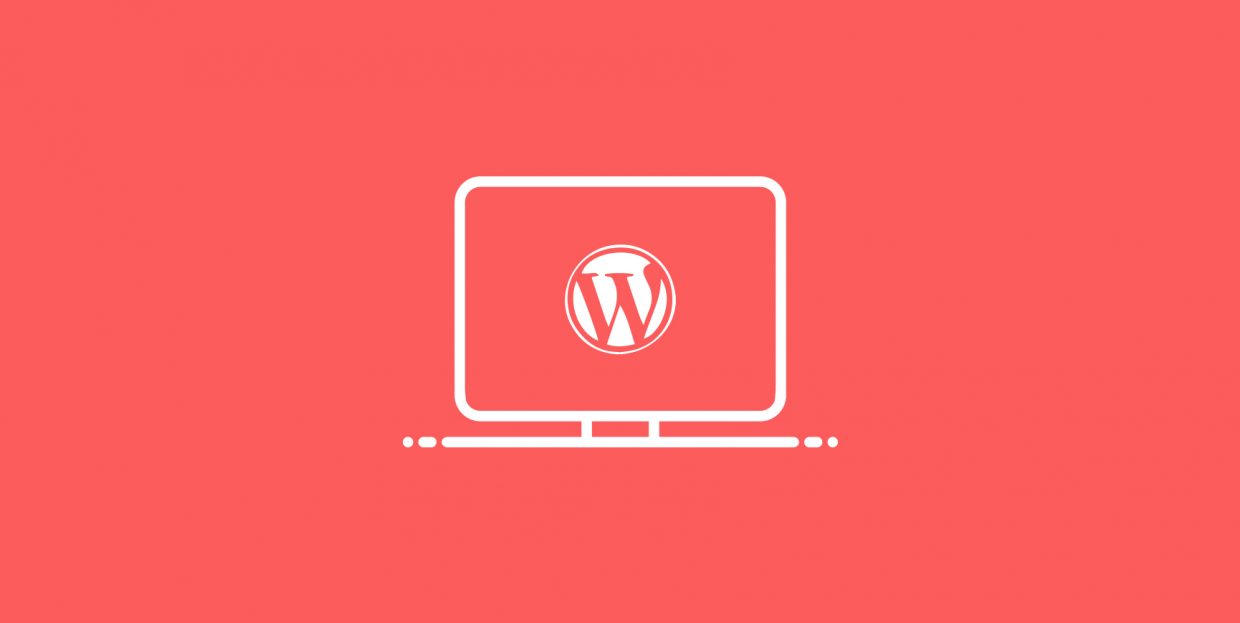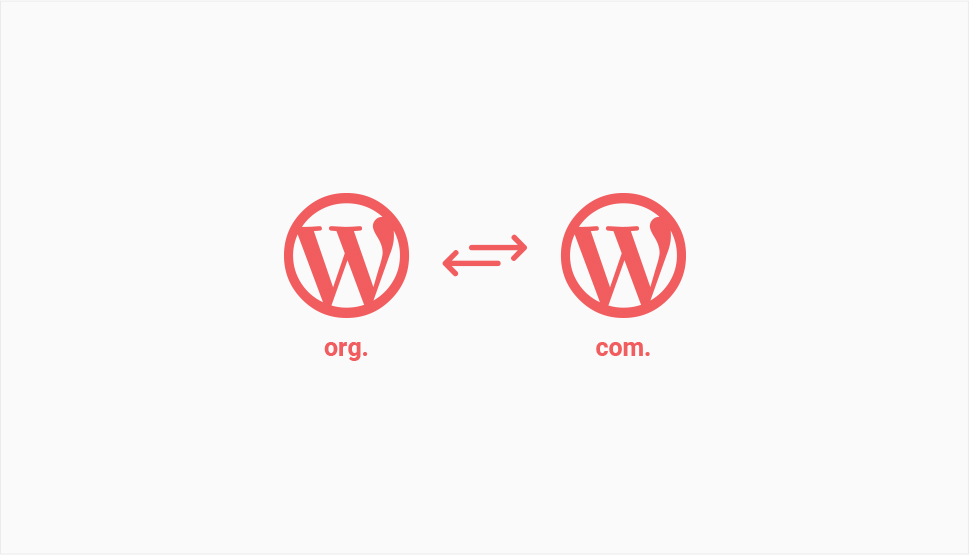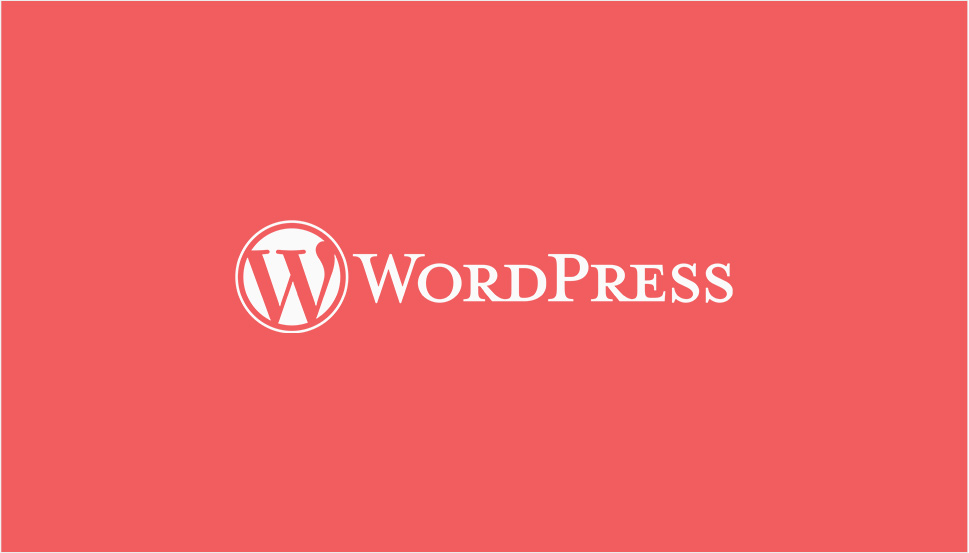Who Owns WordPress? WordPress Ownership Explained

What if we told you that there is a great platform for website building, accessible to newcomers and appealing to the most seasoned of pros, and that the platform is free for anyone to use? Not too long ago, you would have said we were crazy. Nowadays, you’d know we were talking about WordPress. There is some confusion as to who owns WordPress, though, and this is what we would like to address.
You might ask, for instance, how is it possible that an army of developers is working on something that takes a lot of work to build and maintain, but can’t be sold, like WordPress.
To which the first proper response is: which WordPress? To which an expected counter may be: there’s more than one? And already you have hit a wall. In this article, we will shine the bright light of knowledge and truth on some possibly foggy facts regarding the ownership and business model of WordPress and Automattic, Inc, the original owner of the WordPress trademark and logo. Here’s what we’d like to talk to you about:

Wondering about who owns WordPress, we arrive at the conundrum described in the introduction. Yes, there are, in a sense, two WordPresses: WordPress.org and WordPress.com.
WordPress.org is what people typically mean when they say “WordPress”. WordPress.org is the website which hosts the WordPress software that any ordinary user can install and use for free. This piece of software is currently used by nearly 40% of all websites. It has been open source from its inception in 2003, when it was begun by its creators Matt Mullenweg and Mike Little. WordPress.org is also referred to as self-hosted WordPress.
WordPress and associated software are parts of the WordPress project.
WordPress.com is an out-of-the-box blogging solution. It is, in other words, a way to host a WordPress blog. It has a free plan, which will give you all the functionalities you need to run a blog, but it will not let you, for instance, use plugins or install custom themes. Some paid plans provide additional functionalities.
There is more to say about the difference between WordPress.org and WordPress.com, but this is the gist of it.

As we’ve explained in the previous section, WordPress is a free and open-source content management system (CMS, for short) used to run websites. Its creators and developers are a community of contributors to the project. WordPress being free and open-source means that anyone can see the code and make changes to it. WordPress is released under GPL, a copyleft license, and its four guiding principles are set out and explained in WordPress’s Bill of Rights:
-
free running of software
-
free study and modification of software
-
free redistribution of software
-
free distribution of modified copies of software
WordPress is owned by the WordPress Foundation, a non-profit organization established in 2010 to support the WordPress project. The stated mission of the WordPress foundation is to ensure that WordPress remains maintained, developed, updated and free for everyone who has an interest in website development. The WordPress foundation also owns the WordPress logo and trademark.
WordPress.org is also owned and managed by the WordPress Foundation. WordPress.org acts as a host for the WordPress software, a repository of themes, plugins, knowledge base, development news, and has many other functions, especially when it comes to the developer community.
WordPress.com, on the other hand, is owned by Automattic Inc, a company founded in 2005 in order to manage non-free products and services. Before 2010, it was also the owner of the WordPress logo and trademark. It was founded by Matt Mullenweg, one of the original creators of WordPress, and the name of the company is a play on the name of the founder. Automattic also owns and manages Gravatar, WooCommerce, Akismet, Tumblr, and several other brands, apps, and services.
Automattic does not own the WordPress project. There would be no point, given the open-source nature of the project is open-source, but Automattic nonetheless remains one of the major contributors to WordPress nonetheless. Automattic relies on its owned and licensed properties (and WordPress.com) for its earnings.

As with any website, typically, whoever creates a website is the owner of that website. Any website you create using WordPress software, along with whatever content you create, post, and distribute using a WordPress website belongs to you – especially if you host it independently of WordPress.com.
The above also applies, to an extent, to websites hosted on WordPress.com. Your content remains your own, but you are not limited only in terms of the features available to you: you are expected to adhere to WordPress.com’s terms of service. If you fall afoul of them, your website may be taken offline, or you may end up incurring other penalties.
Note, though, that while the basic package of WordPress.com’s services is free and that WordPress.com does not claim any control or review process over third-party websites (i. e. its users’ websites), terms of service may be subject to change. The WordPress community is founded on the principles of copyleft and openness, but there is no guarantee that WordPress.com will remain free forever.
Stay up to date on the terms of service, just in case they change, but also stay up to date with your jurisdiction’s legislation. A state may require a web host to moderate user content, in which case both WordPress.com and the state may hold you liable or responsible for it.

So if nobody can charge anyone else for using WordPress and modifying it as needed, what is the incentive for developers?
Simply put, WordPress is the dominant CMS. If a website is using a CMS, it is more likely to use WordPress than any other. This is because WordPress itself is free for the end user. However, not everyone wants just the basic WordPress installation. Some users want more, which means the market is there.
Developers who are used to working with WordPress may offer web design services or consulting services, but also (as is the case with Qode Interactive, among very many others) premium and freemium WordPress plugins and WordPress themes.
Finally, while WordPress.com (and its owner Automattic) is run on a for-profit basis, the question of how WordPress.org makes money remains unanswered. A non-profit organization incorporated under US law (in this case, the WordPress Foundation) earns money through donations and sponsorships. Many for-profit corporations rely on WordPress to remain popular or even grow, and they make the donations and forge partnerships the foundation needs to keep WordPress up and running.
WordPress relies on an ethos different from purely for-profit development. Sure, there is a financial incentive for developers, as we have described above. But picture a high-quality, popular product such as WordPress being distributed for free in any other branch of human endeavor. The open-source ethics (as well as the broader ethics of sharing and cooperation) is upheld by the very nature of WordPress. For you, the user, WordPress being both good and free means one less hurdle to overcome when joining the online community with your own ideas, content, and creations.
In Conclusion
As you can see, the ownership question is pretty clear – contrary to popular belief, Automattic does not own WordPress, WordPress being the WordPress project or WordPress.org. The similarity in names between WordPress.org and WordPress.com confuses matters for novice users and media alike. Some association between the two does exist, and we hope we have set things straight for you in this article.



